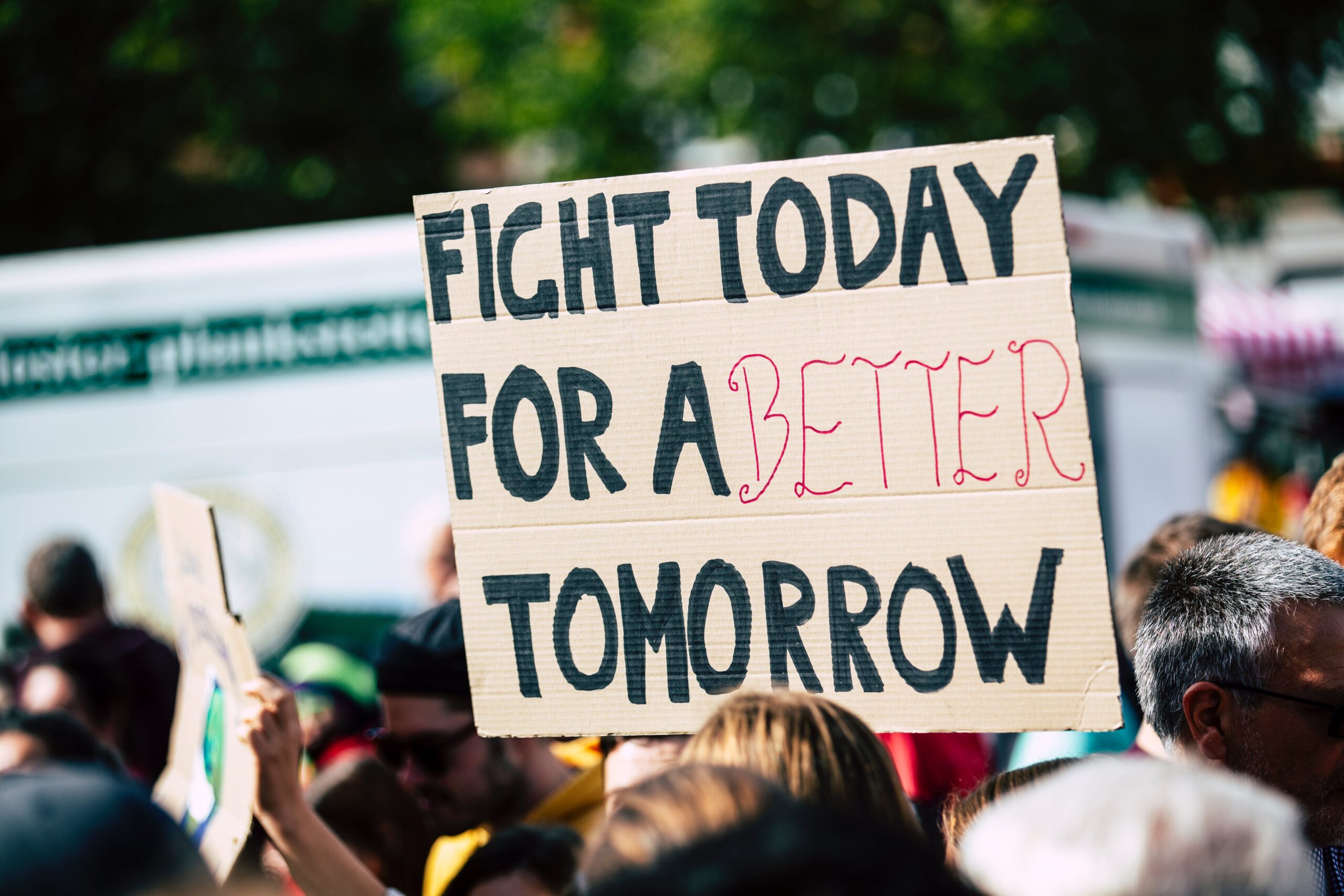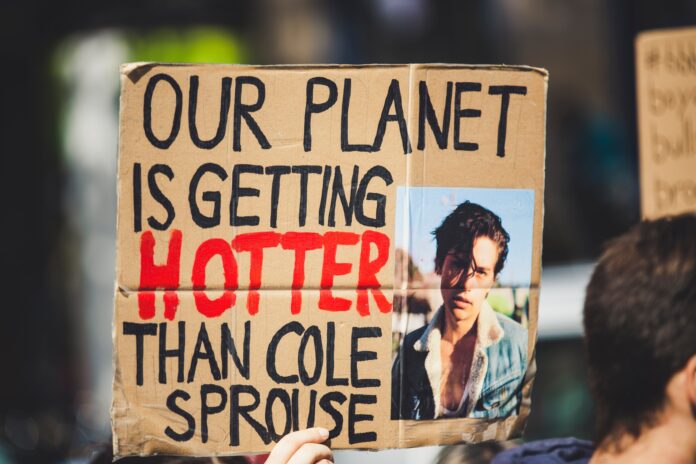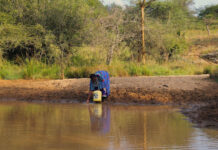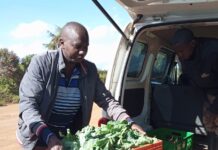By Omboki Monayo
Nairobi, Kenya: African Civil Society Organisations (CSOs) are raising their voices with a united front as they release a common position paper detailing seven crucial demands regarding Climate Adaptation and Loss and damage. This initiative precedes the 28th Conference of the Parties (COP28) set to unfold in Dubai by the month’s end.
The launch of the position paper comes on the heels of the United Nations Environment Programme (UNEP) releasing its 2023 Adaptation Gap Report, highlighting global underfinancing and a lack of preparedness for adaptation actions.
In a bid to implement domestic adaptation priorities, nations are facing an estimated annual requirement of US$387 billion, as revealed by the UNEP report. However, the CSOs express disappointment over the lack of tangible progress in adaptation and climate finance post-COP27, despite the establishment of the loss and damage fund.
Ongoing disputes over Loss and Damage funding, governance, and eligibility continue to add a layer of uncertainty to the outcomes of COP28.
“Our position paper comprehensively addresses recommendations for the Loss and Damage fund, stressing the critical need for substantial capitalization.” – Lina Ahmed, Policy Advisor for Climate Loss & Damage, German Watch.
Among the CSO’s key demands for COP28 are the operationalizing of the Global Goal on Adaptation (GGA). The CSOs demand a comprehensive framework for the GGA at COP28, urging clarity, quantitativeness, and holistic targets to facilitate adaptation action. They are also pressing for the strengthening of transformative adaptation priorities. It is their strong belief that COP28 must prioritize support and implementation of national adaptation plans, aligning with the Global Goal of Adaptation and addressing African needs.

“The African Civil Society Common Position on Climate Adaptation and Loss & Damage calls for COP28 to establish a robust framework for the Global Goal on Adaptation with clear ambitious targets fostering adaptation action.”, said Amy Gilliam Thorp, Senior Climate Adaptation and Resilience Policy Advisor at Power Shift Africa.
Over 200 CSOs had previously penned a letter imploring the COP28 president to champion a robust climate adaptation agenda, emphasizing unwavering commitment to previous funding targets.
According to Mwandwe Chileshe, Director for Food Security, Agriculture and Nutrition, Global Citizen, who is the funding gap is adversely affecting the continent’s food security capacity.
“Adaptation demands a large amount of financing, and that financing is not being met, which impacts our food and food systems,” Chileshe told Talk Africa.
The common position paper scrutinizes the inadequacies of post-COP27 discussions, including the Paris Climate Finance Summit, particularly in areas vital for Africa, such as finance, gender equity, and agriculture. Food security advocates are concerned about the suitability of current policy perspectives in addressing the continent’s challenges in providing sufficient, high-quality nutrition for its 1,47bn population as per United Nations estimates. Africa’s population is currently equivalent to 17.89% of the total world population.
As of the end of September 2023, ReliefWeb reported that 62.6 million people were food insecure in the Eastern African region that consists of 9 countries, with Ethiopia, Somalia, South Sudan, and Sudan “facing the most severe global food crises”. The situation has not been made easier by flooding in the Southern Somalia region as well as parts of Northern Kenya.
“When it comes to the food system agenda, the African CSO position paper challenges the status quo. While the prevailing system appears regressive in the face of climate change, the paper champions agroecology.” Bridget Mugambe, Programmes Coordinator, Alliance for Food Sovereignty in Africa.
Apart from an increase in reliable and quality adaptation finance, African CSOs also call for the urgent addressing of global and African adaptation finance gaps, the fulfilling of commitments to double adaptation funding, the reforming of the financial system, and prioritizing quality, accessible finance.
“Empowering African resilience demands agile policies, seamlessly integrating climate Adaptation into existing sectors,” says Jane Lumumba of UN Climate Action.
Experts have identified success at COP28 as intimately tied to funding and operationalizing the Loss and Damage (L&D) fund. In their unified stand, African CSOs envision COP28 as a turning point, pressing for a commitment to transformative climate action that will safeguard the future of the continent and the planet at large.
Dr. Darlington Sibanda, who is part of the African Climate & Development Initiative (ACDI) at the University of Cape Town, is calling for launching technical assistance through the Santiago Network on L&D and ensuring effective governance.
“The African CSO Common Position Paper on Climate Adaptation and Loss & Damage for COP28 highlights the need to acknowledge the significant scale of costs related to loss and damage associated with climate change in developing countries.” Dr Sibanda says.
CSOs also demand that the Global Stocktake (GST) course corrects Climate Action, responding to the IPCC’s findings. This will be achieved by prioritizing closing the adaptation finance gap while recognizing that Africa’s vulnerability is a crucial pillar of related measures. They are also asking for an immediate integration of Climate Adaptation and Resilience into Just Transition Work Programme. This is because the just transition for adaptation is deemed essential as it integrates equity principles, social vulnerability focus, and justice dimensions into the program.
Climate justice advocates are rooting for progress towards resilient and just food and agriculture systems. They are firm that COP28 must address climate change’s impact on food systems, emphasizing the shift to farmer-led, rights-based models, promoting gender equity, agroecology, and the protection of indigenous knowledge.
“When it comes to the food system agenda, the African CSO position paper challenges the status quo. While the prevailing system appears regressive in the face of climate change, the paper champions agroecology.” – Bridget Mugambe, Programmes Coordinator, Alliance for Food Sovereignty in Africa.
The advocates are passionately urging for decisive actions and commitment at COP28 to address the disproportionate vulnerability of the continent to climate change. They see the recommendations as a collective call for a sustainable, just, and resilient future for Africa and the global community.














